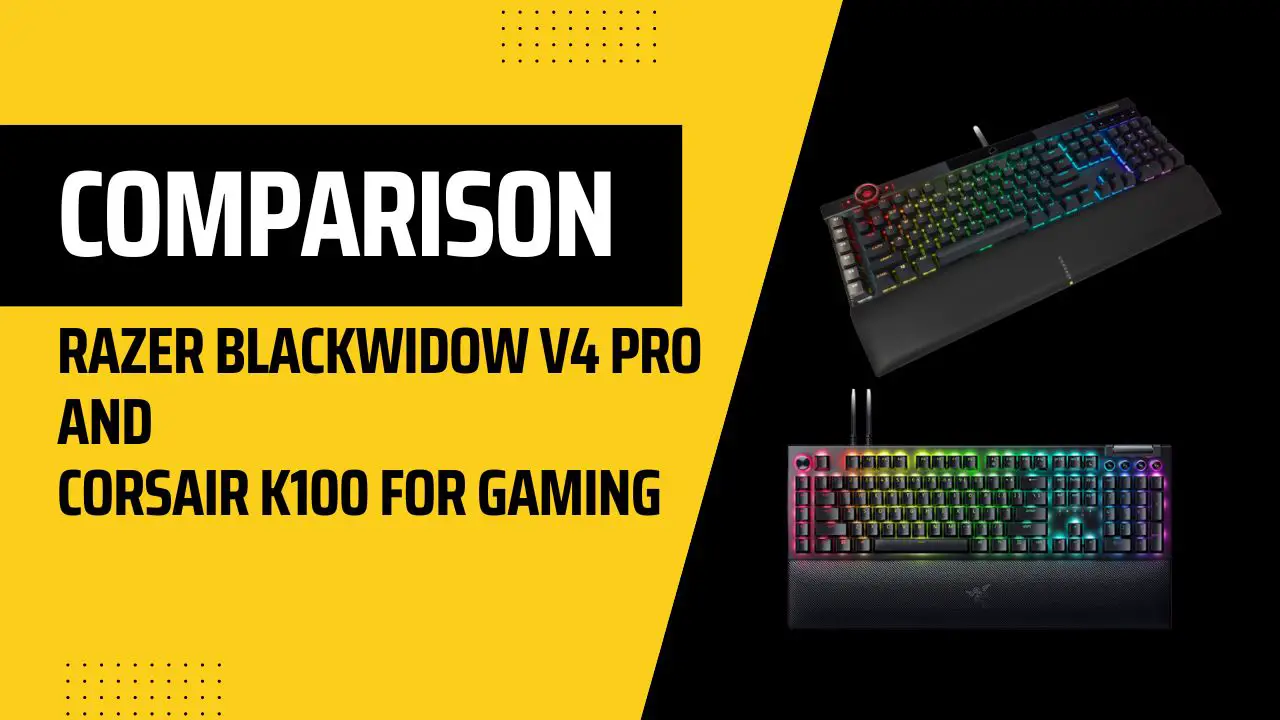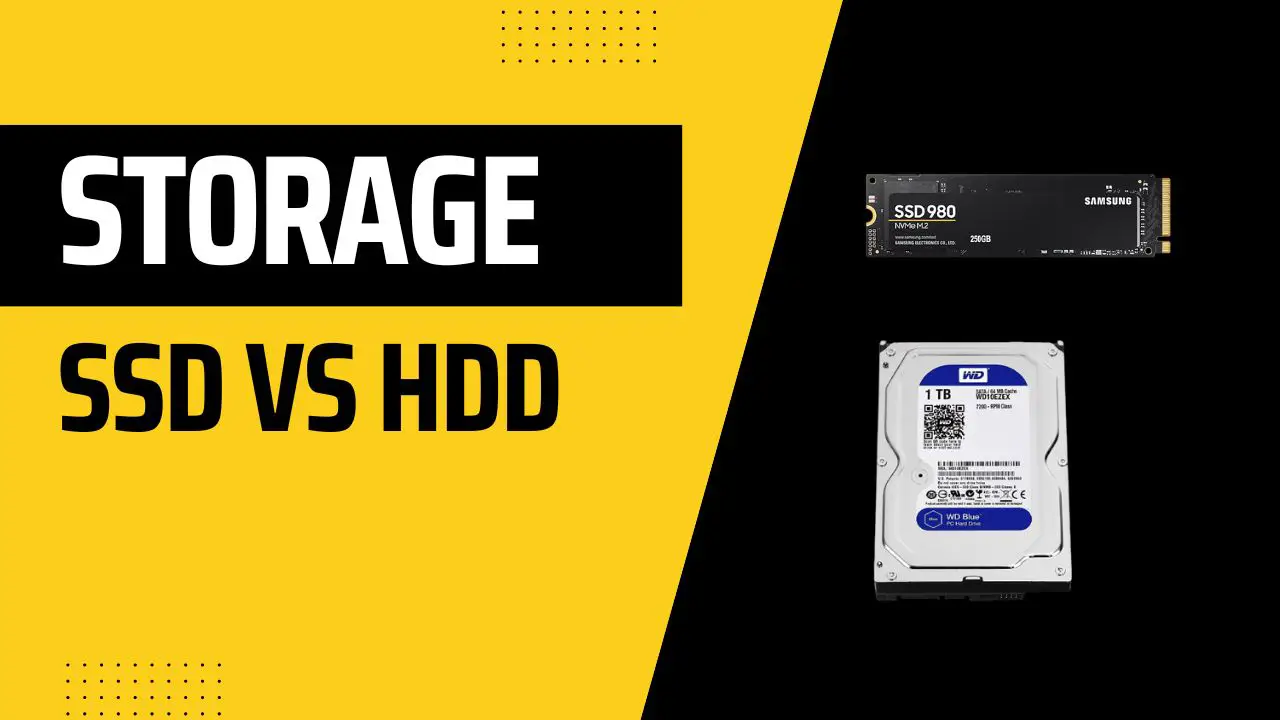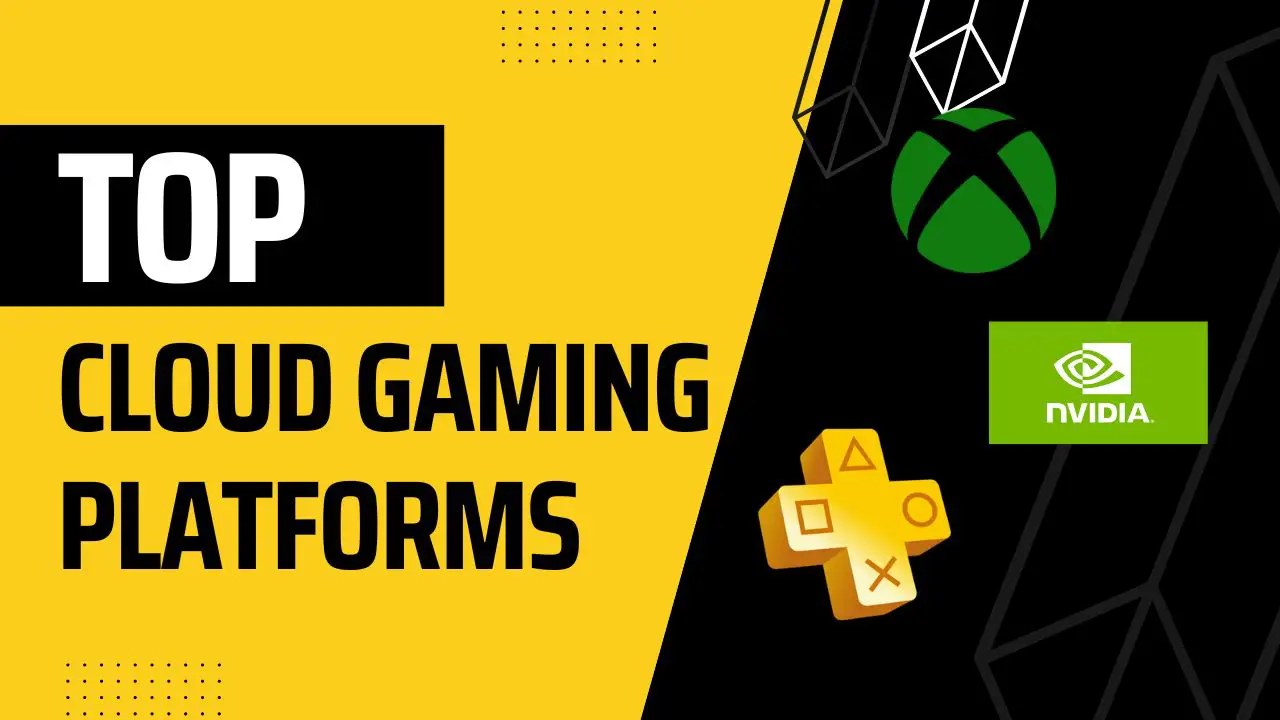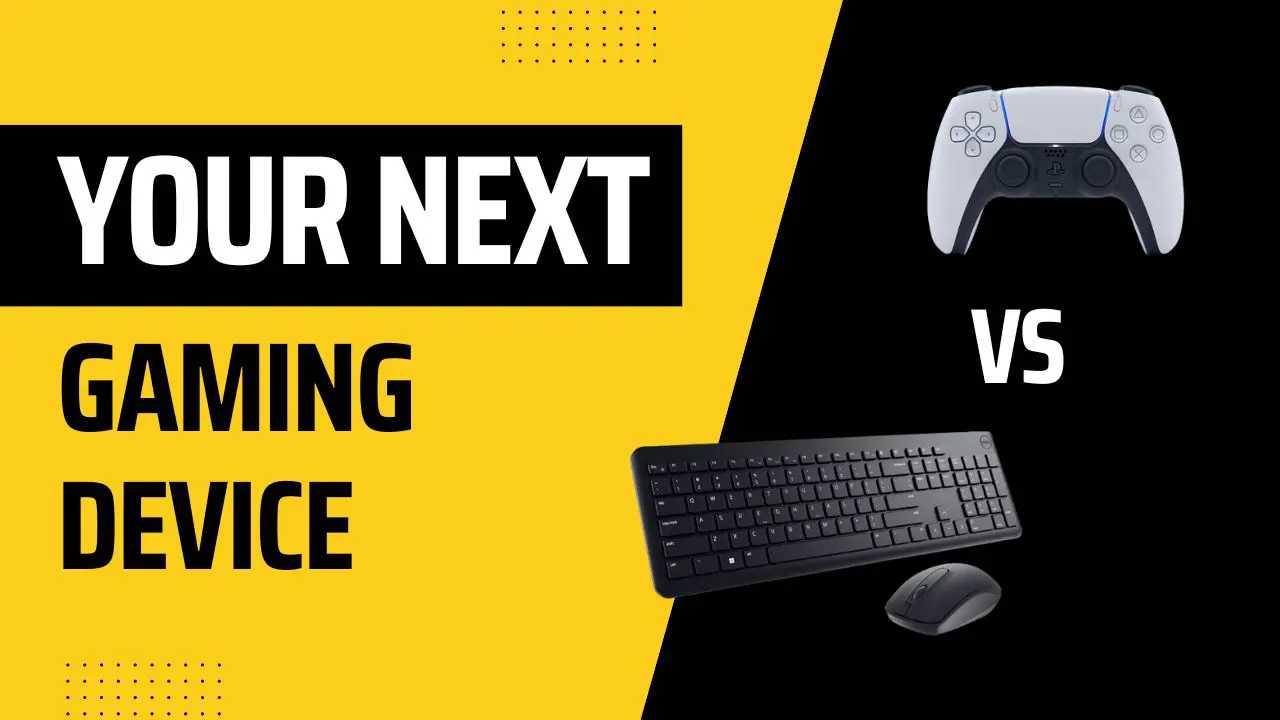The great debate between PC and console gaming has been going on for as long as most gamers can remember.
You’re in the right place if you’re struggling to choose between a gaming PC or a console.
In this article, we’ll help you decide which gaming platform suits you best by comparing the major players in the console market, like Sony, Microsoft, and Nintendo, with PC gaming.
We’ll discuss key factors like budget, game library, hardware, and more to help you make an informed decision.
As of 2023, the consoles we’ll be comparing with PCs are the PlayStation 5, Xbox Series X & S, and Nintendo Switch.
Let’s dive into gaming and find the best fit for you.
TL;TR
PCs have a higher initial cost but offer a larger game library, better graphics, and customization options. Consoles are more affordable upfront, providing exclusive franchises, consistent performance, and ease of use.
PCs use keyboards and mice for precision in certain game genres, while consoles rely on wireless controllers. Online gaming on PCs is often free with a variety of communities, whereas consoles require membership for multiplayer and have streamlined social features.
Your choice will depend on your priorities and personal gaming preferences.
Budget: Balancing Costs and Benefits
Budget is one of the most critical factors when investing in a gaming platform.
A decent gaming PC with hardware capable of running current AAA games with playable framerates and impressive graphics can cost you between $800 and $1200.
On the other hand, the latest-gen consoles, like the PS5 and Xbox Series X, come in at around $400 – $500 for a complete set, making console gaming an attractive option for gamers on a budget.
It’s important to note that console manufacturers often sell their consoles at a loss to keep you in their ecosystem and profit from game sales.
Therefore, when comparing the costs, you must consider how frequently you plan on buying games or if you want to stick to specific titles.
PC gaming has advantages, like frequent game sales on platforms like Steam, which typically offer better promotions than console game stores.
Microsoft’s PC Game Pass subscription lets you enjoy up to 100 games (depending on your region) for just a few bucks per month.
In short, if you have a larger initial budget, a gaming PC might be your better choice.
However, there’s more to consider before making your decision.
Game Library & Exclusive Titles: Finding Your Favorites
Exclusive titles and franchises are the secret weapons of console gaming.
These blockbuster games, such as Nintendo’s Legend of Zelda and Animal Crossing franchises, can drive massive sales and help gamers choose between consoles.
However, the importance of exclusive titles has diminished in recent years, as many previously console-exclusive games have become available on PC.
Titles like God of War, Days Gone, and The Last of Us Part 1 made their way to PCs after a few years on consoles.
The exception to this trend is Nintendo, which maintains a strict “exclusive practice.”
PC gaming also boasts exclusive titles and a vast game library that dwarfs consoles.
Moreover, PCs have a wider variety of indie games, providing a rich and diverse gaming experience.
In summary, PCs offer a massive library of games, while consoles boast popular franchises.
The choice is clear if you’re only interested in playing specific console-exclusive titles.
Otherwise, a gaming PC provides a broader selection of games to explore.
Hardware & Learning Curve: Customization vs. Consistency
High-end gaming PCs generally have better graphics and processing power than consoles, offering a more immersive experience.
While consoles provide consistent performance across their user base, PCs allow for customization and upgradability.
Upgrading your PC’s components is a significant advantage but can also disadvantage some gamers.
The wide variety of hardware specs and compatibility issues between components can be a headache, not to mention the costs involved in upgrading.
Consoles, on the other hand, offer an easy plug-and-play experience.
Controls & User Experience: Keyboards, Mice, and Controllers
PC gamers use keyboards and mice for input, while console gamers rely on wireless controllers.
Both platforms offer customization and personalization options, but
PCs have more settings and mods available.
However, some gamers find playing first-person shooter (FPS) games with a controller more challenging than using a mouse and keyboard setup, which often provides better control and accuracy.
Online Services & Multiplayer: Connecting with Friends
Both PCs and consoles have online platforms and ecosystems for online gaming.
Online membership is required for console multiplayer, while PC gamers can usually access multiplayer without additional costs.
Online gaming generally offers a more streamlined experience, with friends lists and party systems integrated directly into the platform.
PC gaming may require additional steps to connect with friends, but it also offers a wider variety of online games and gaming communities.
Both platforms have advantages and disadvantages in the realm of multiplayer gaming.
Ultimately, your choice will depend on your preferences and how you like to connect with your friends while gaming.
Conclusion: Weighing the Pros and Cons
In summary, both gaming PCs and consoles have their strengths and weaknesses.
PCs offer better graphics, customization options, and a larger game library.
In contrast, consoles provide ease of use, exclusive franchises, and a consistent user experience.
Your choice will ultimately depend on your preferences, needs, and budget.
Consider factors like the cost of building or upgrading a PC, the selection of online games available, and the importance of exclusive titles when deciding.
Additionally, think about your technical skills, the ease of use of each platform, and how you want to connect with your friends while gaming.
Remember, there’s no one-size-fits-all answer to this age-old question – it’s all about finding the platform that best suits your gaming style and preferences.







